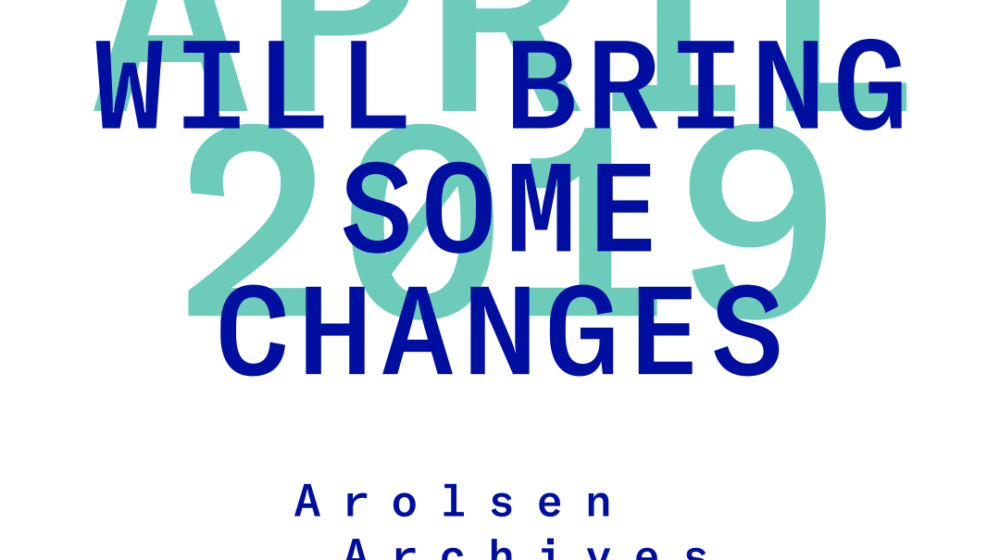ITS Changing Name to Arolsen Archives

Starting in April 2019, the world’s most extensive archive on victims of Nazi persecution will be called Arolsen Archives – International Center on Nazi Persecution. “The new name points to our new goals. We conceive of the archive as an indispensable source of knowledge for today’s society, and we intend to reach out to more people—above all people of the younger generations.
Knowledge about the Holocaust and the Nazi dictatorship is disappearing. At the same time, people are more and more susceptible to following demagogues who spread right-wing ideologies. “These days, intolerance is gaining ground in our societies, and in many countries is even encouraged by political parties,” ITS director Floriane Azoulay points out. “As it gets to the point when ever greater portions of society no longer have any connection to National Socialist persecution, we have to take action. We have to make offers that reach people’s minds and hearts.”
The new name and a modern image are the framework for addressing a larger public with projects, exhibitions and educational offers and informing them about the consequences of anti-Semitism, discrimination and racism. The documents pertaining to all groups victimized by the Nazi regime constitute a unique collection and serve as the basis for these activities. The archive, which contains information on some 17.5 million individuals, was accordingly awarded Memory of the World status by the UNESCO.
The institution founded by the Allies has been active as the International Tracing Service for seventy years. So why the change of name? “Again and again, we’ve experienced that the historical name doesn’t mean anything to people, and that it doesn’t stick in their minds,” Azoulay explains. In Israel and the U.S., survivors of Nazi persecution and their families have always referred to the ITS simply as “Arolsen”—an important argument in favor of the new designation: Arolsen Archives – International Center on Nazi Persecution.
When the Arolsen Archives launches its new website in April 2019, it will also publish the collection of documents from concentration camps and ghettoes in its online archive. Then people all over the world will be able to carry out research in altogether eight million documents right in their own homes. Azoulay sees this as an important milestone: “Easier access to the archive is a matter of especial importance to us. That’s what everything will revolve around in the future. Because it’s individual fates that make the past conceivable and bring history out of the books and into our lives.”

